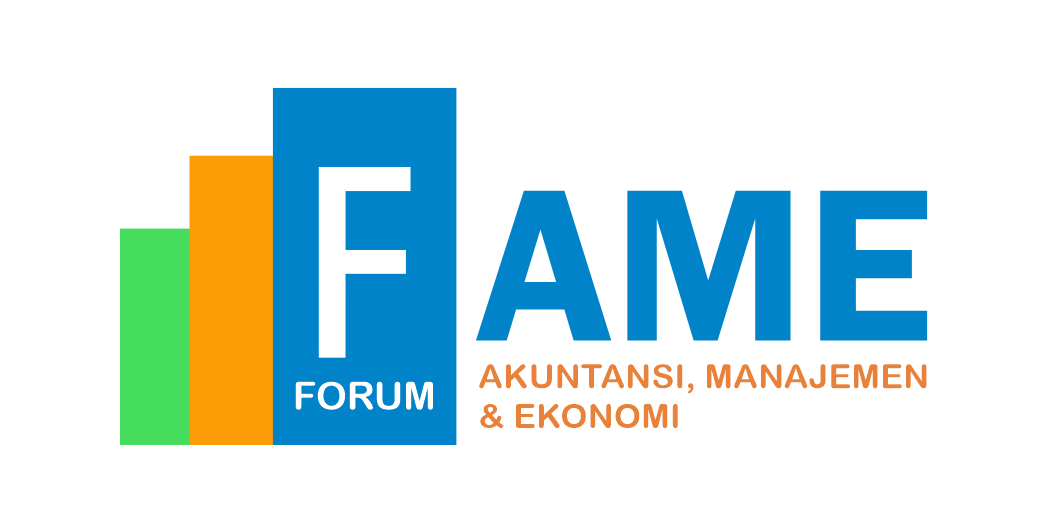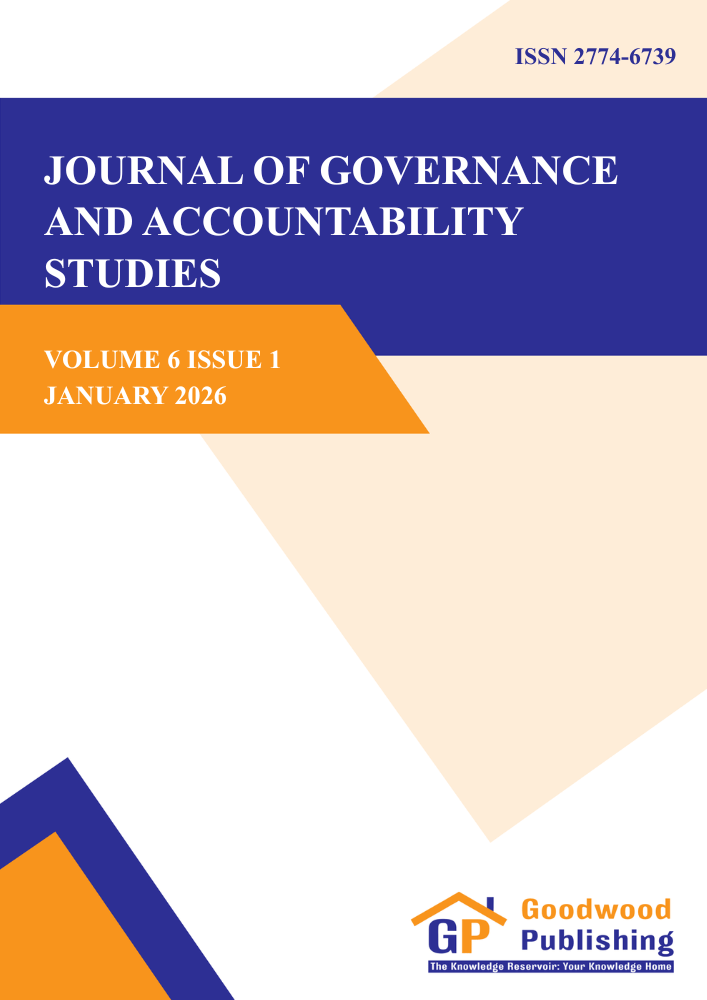The Journal of Governance and Accountability Studies (JGAS) is an online peer-reviewed, open access scholarly journal, which publishes critical and original analysis from researchers and academic practitioners on various social, political and government issues. JGAS welcomes high-quality manuscripts covering original research articles, review articles, book reviews, case reports, and discussions aimed at advancing both theoretical and practical development on areas of governance and accountability issues.
Articles
Electoral violence in Africa’s shrinking civic space: Nature, magnitude and remedies
Dissensus in collaborative governance: Future challenges of Lampung’s capital relocation policy
Voter education package and KAP framework in electoral violence prevention among youth of voting-ages in Ondo City, Ondo State Nigeria
Do Audit Committee Attributes Moderate Sustainability Reporting’s Impact On Firm Performance?
Mapping and Analysis of Bangka’s Local Tax Potential
Determinants of Motorcycle Taxpayer Compliance: Evidence from a Border Region in Eastern Indonesia
Indexed by:
In collaboration with:



 Google Scholar
Google Scholar Garuda
Garuda Sinta
Sinta








